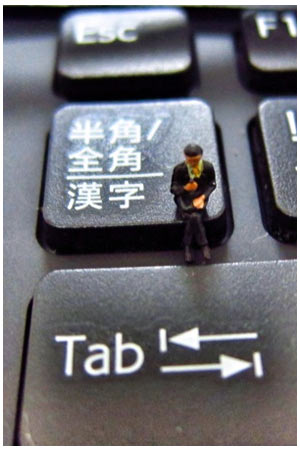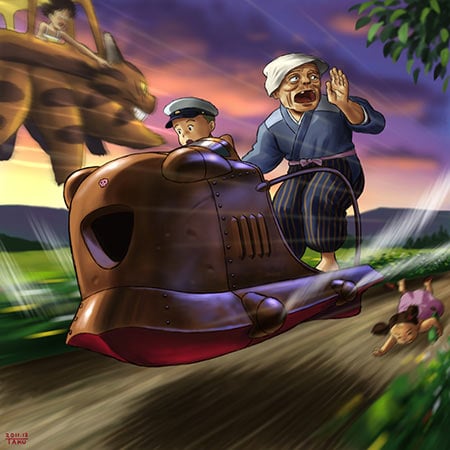One interesting aspect of Japan is the many ways its language has changed since the 1868 Meiji Restoration, which abolished 265 years of rule by the Tokugawa Shoguns and “restored” power to the Emperor, allowing Japan to become a Western-style Constitutional Monarchy. During the Meiji Period foreign loan words like 珈琲 ko-hi (coffee) were introduced, archaic enough to have kanji assigned to them; then came the Allied Occupation, when words like ドンマイ don’mai and オーライ oh-rai, Japanese approximations of “don’t mind” (nevermind) and “all right,” entered the lexicon; and today, hundreds of English words related to computers, politics, fashion and more are imported every year. Because of this, virtually any Japanese over the age of 50 feels stress at encountering English words they aren’t familiar with, and there are actually katakana dictionaries to help these people learn what “manifesto” or “innovation” or “nothing venture, nothing win!” mean. Now a disgruntled viewer has sued NHK, Japan’s clone of the BBC and presumably the last bastion of “proper” Japanese. The individual, who is 71 years old, got tired of hearing words like “compliance” and “initiative” and “globalization” in katakana English in news broadcasts, and is suing for $14,000 dollars in damages.

Japanese get stressed when encountering too many foreign words.















